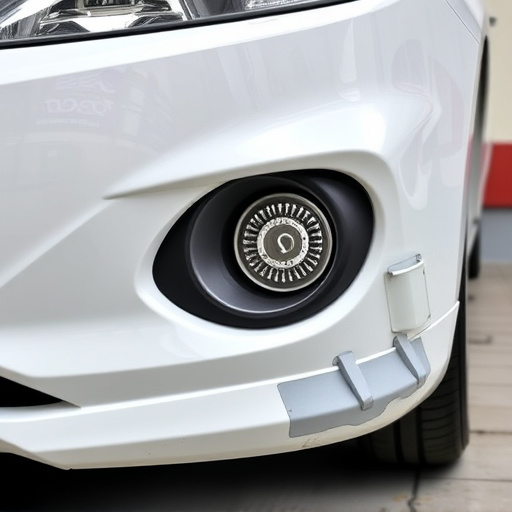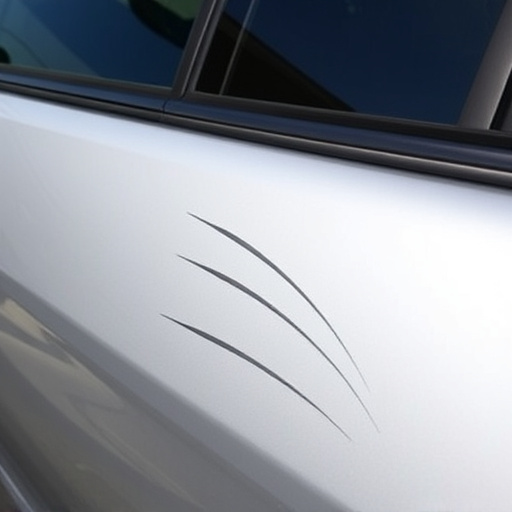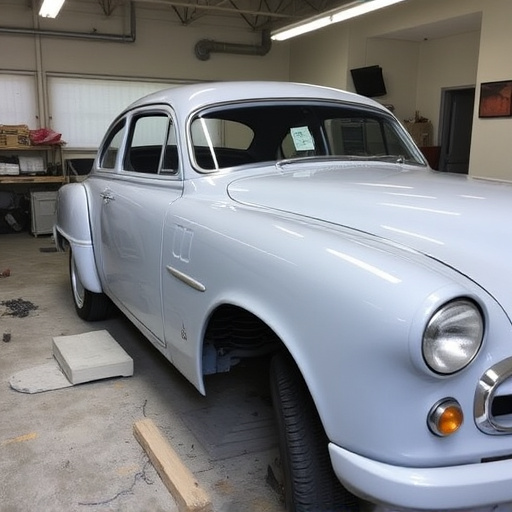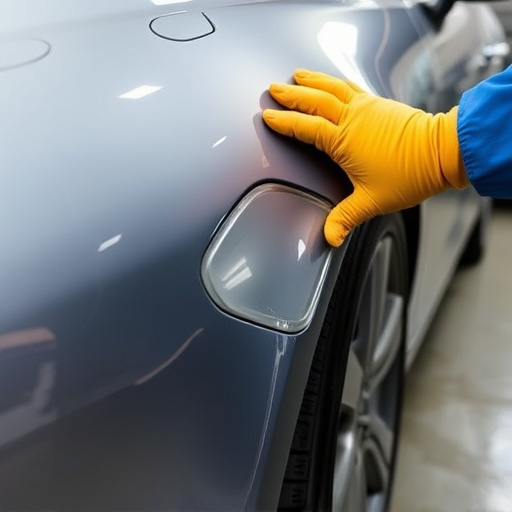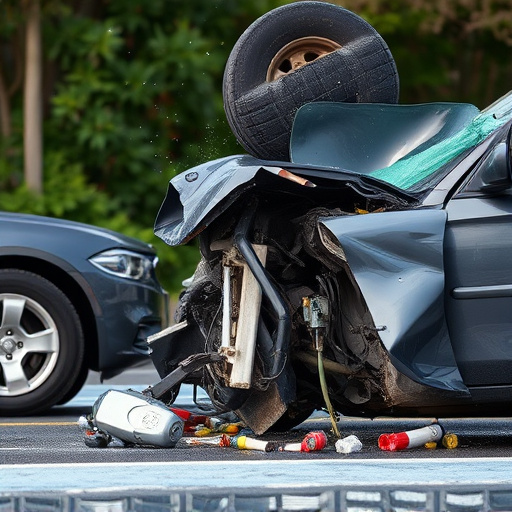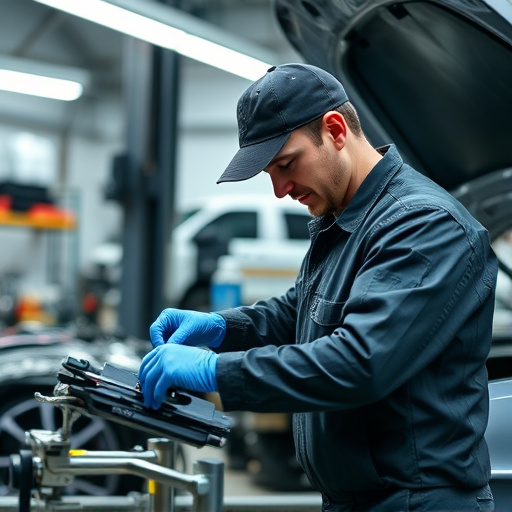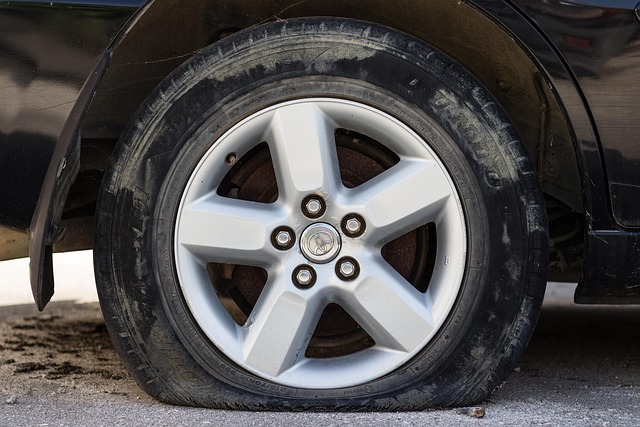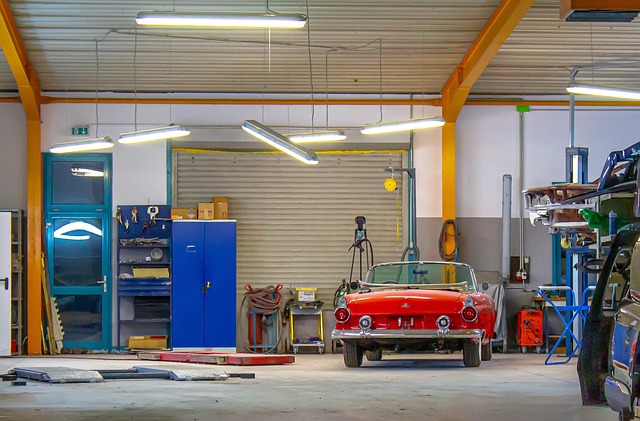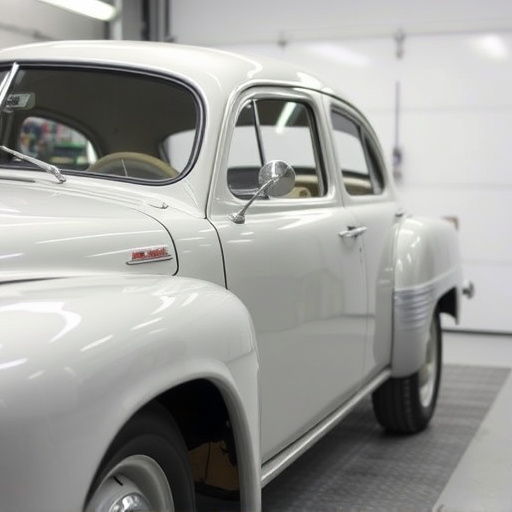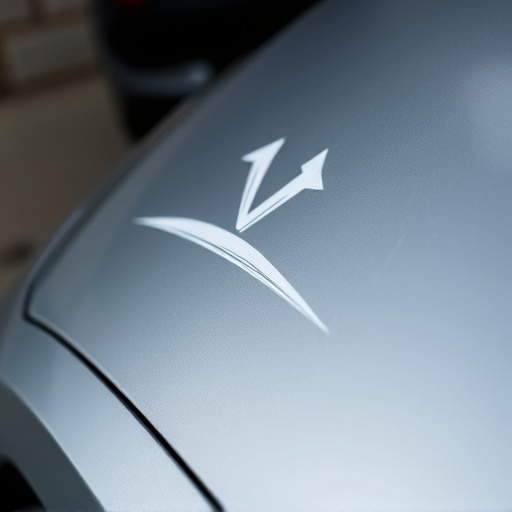Fleet collision services are vital for businesses managing large vehicle fleets, offering specialized techniques to efficiently repair damaged vehicles from minor dents to major accidents. These services include coordinated logistics, cost-effective solutions, and tailored support to minimize downtime. Advanced technologies like CAD for precise measurements, high-tech paint systems, and structured repair processes ensure top-notch outcomes for diverse fleet models. Quality assurance through regular training, certification, and robust quality control, coupled with clear communication and feedback mechanisms, builds client trust and enhances the overall experience, solidifying the market reputation of fleet collision services.
“In the realm of fleet management, efficient and effective collision repair is paramount. This comprehensive guide delves into the intricacies of fleet collision services, offering a detailed overview for professionals. From understanding the unique demands of commercial fleets to exploring advanced techniques for swift yet quality repairs, this article is your one-stop resource.
We’ll navigate best practices that ensure customer satisfaction and showcase techniques revolutionizing the industry. By mastering these skills, fleet managers can optimize operations and keep their vehicles on the road.”
- Understanding Fleet Collision Services: A Comprehensive Overview
- Advanced Techniques for Efficient and Effective Repairs
- Best Practices for Quality Assurance and Customer Satisfaction in Fleet Collision Services
Understanding Fleet Collision Services: A Comprehensive Overview
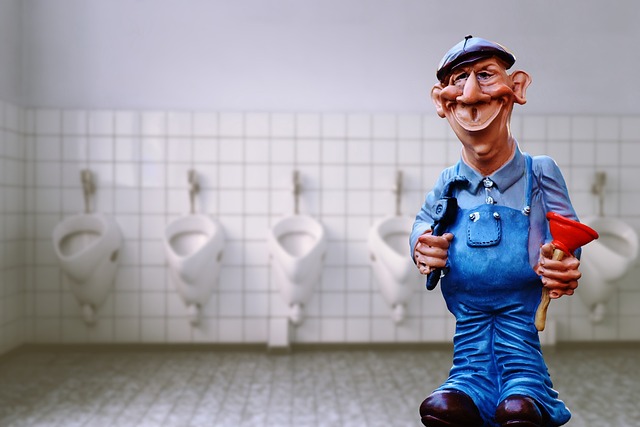
Fleet collision services encompass a range of specialized techniques and practices designed to efficiently manage and repair damaged vehicles within large vehicle fleets. This includes everything from minor dents and scratches to more significant accidents, ensuring that each vehicle is restored to its original condition or enhanced safety standards. A comprehensive fleet collision service goes beyond mere repairs; it involves coordinated logistics, cost-effective solutions, and tailored support to minimize downtime and maintain the operational efficiency of the fleet.
These services are crucial for businesses operating large fleets, such as taxi companies, delivery services, and public transportation networks. By relying on experienced professionals at auto collision centers, these organizations can benefit from advanced vehicle repair services that cater specifically to their unique needs. Whether it’s a fleet of Mercedes-Benz vehicles or diverse models, specialized techniques like computer-aided design (CAD) for precise measurements, high-tech paint systems for flawless finishes, and structured repair processes guarantee top-notch outcomes.
Advanced Techniques for Efficient and Effective Repairs
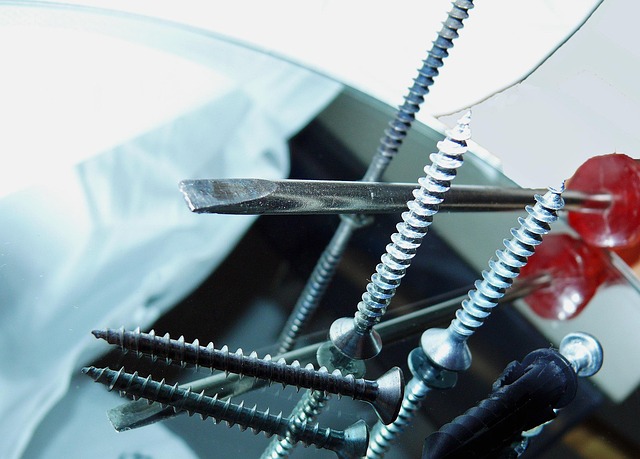
In the realm of fleet collision services, advanced techniques play a pivotal role in ensuring efficient and effective repairs. Modern auto body shops employ sophisticated technology to streamline the process, from precision measuring tools that capture exact dimensions for accurate replacement parts, to computer-aided design (CAD) software that facilitates complex panel replacement and alignment. These innovations significantly reduce repair times while maintaining superior quality standards.
Moreover, techniques like robotic welding and advanced paint matching systems contribute to impeccable auto body restoration. Robotic arms offer unparalleled precision during the welding process, minimizing flaws and ensuring structural integrity. Meanwhile, computer-controlled paint mixing and application guarantee exact color matches for a seamless finish, even in the case of luxury brands like Mercedes Benz. Such advancements not only elevate the overall quality of fleet collision services but also contribute to reduced downtime for vehicles, catering to the demanding needs of businesses with large vehicle fleets.
Best Practices for Quality Assurance and Customer Satisfaction in Fleet Collision Services
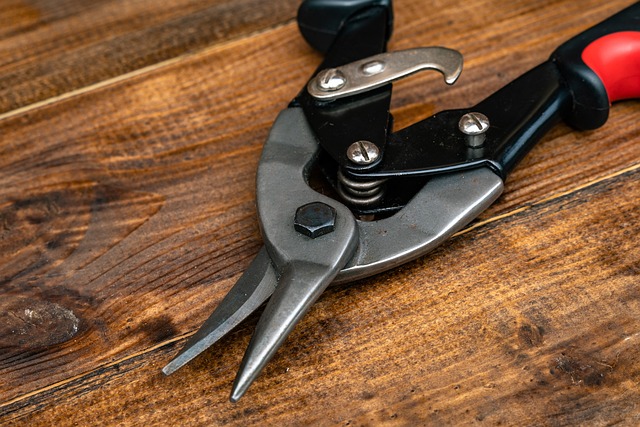
Maintaining high standards of quality assurance and customer satisfaction is paramount for fleet collision services to thrive in a competitive market. Regular training and certification programs should be implemented for technicians to stay updated with the latest industry standards and repair techniques, ensuring precise and efficient car collision repair. Effective communication is key; keeping clients informed throughout the process fosters trust and transparency. Clear explanations of repairs needed, estimated timelines, and associated costs enhance customer experience.
Implementing robust quality control measures, such as double-checking repairs and using advanced diagnostics tools, guarantees that auto bodywork meets or exceeds industry standards. Establishing feedback mechanisms encourages customers to share their experiences, allowing fleet collision services to identify areas for improvement in both auto body work and customer service. By prioritizing these best practices, businesses can deliver top-notch results while ensuring client satisfaction and building a strong reputation in the market.
Fleet collision services play a vital role in ensuring the safety and operational efficiency of commercial vehicles. By employing advanced techniques discussed in this guide, repair shops can streamline processes and deliver high-quality outcomes. Adhering to best practices for quality assurance and customer satisfaction solidifies their reputation and fosters long-term relationships within the industry. Investing in these services is a strategic move for businesses aiming to minimize downtime and maximize fleet productivity.
